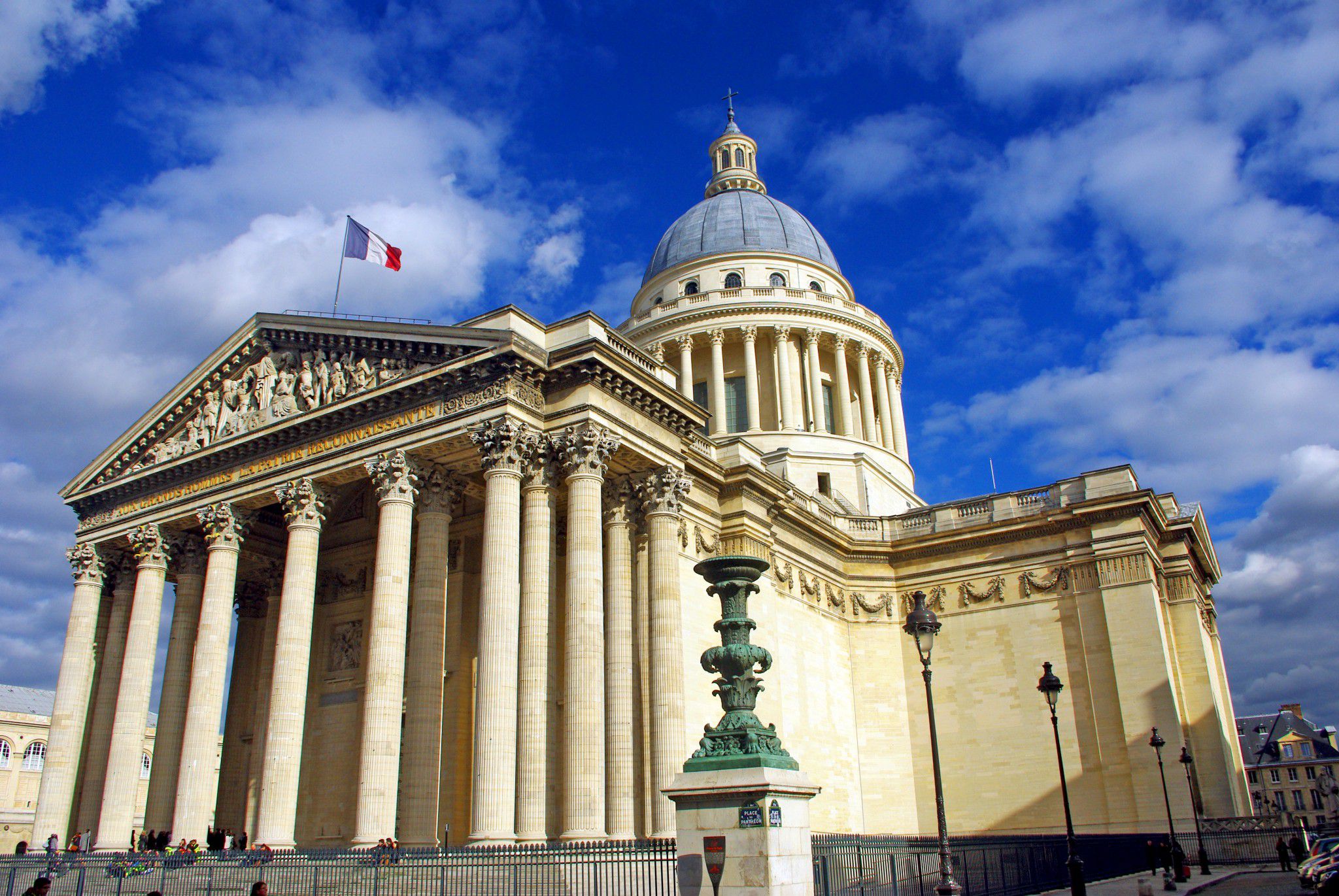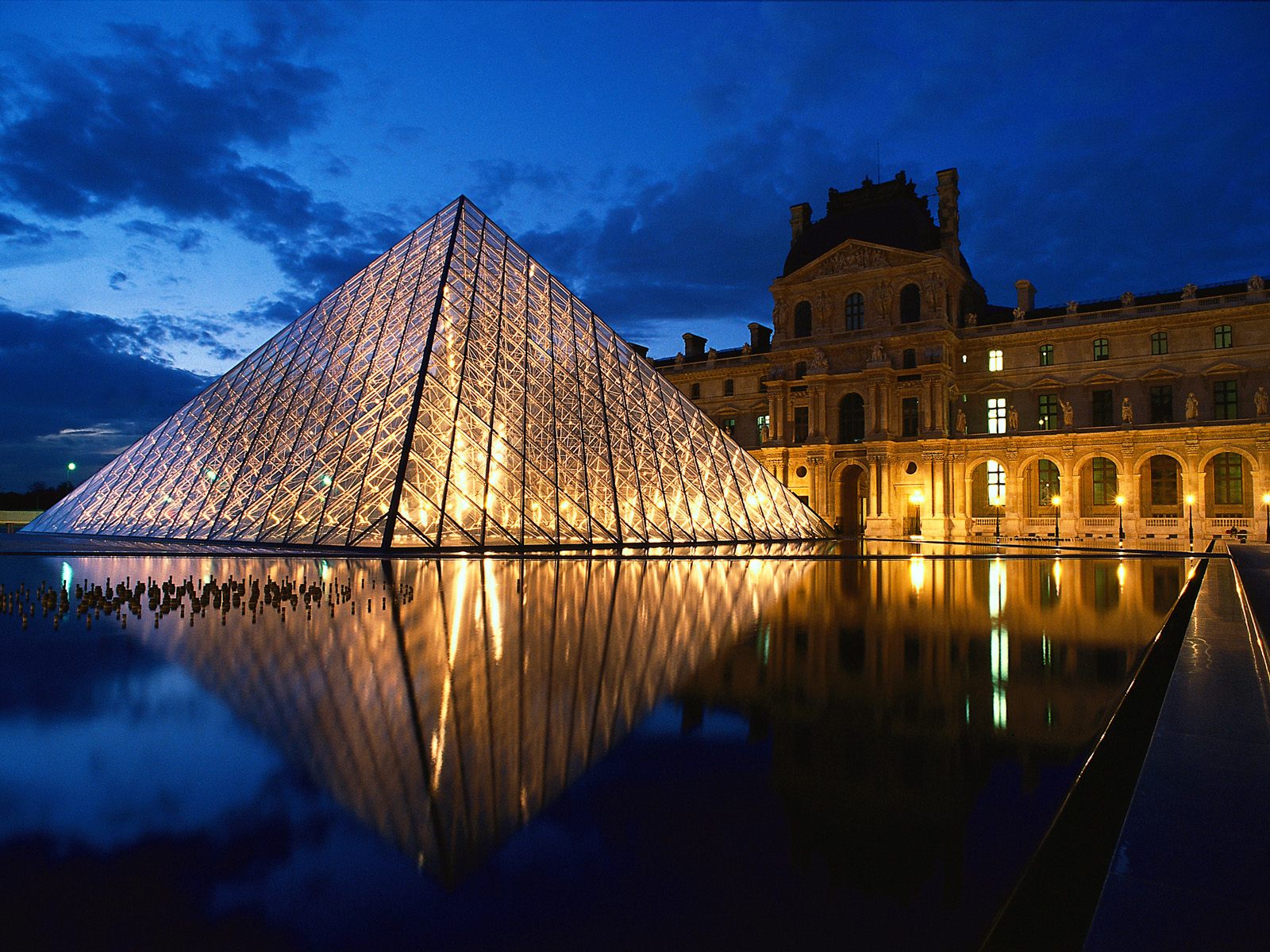France & Iran Deal: Navigating The Diplomatic Tightrope Amidst Tensions
The intricate relationship between France and Iran, particularly concerning the contentious nuclear program and regional stability, represents one of the most delicate diplomatic challenges of our time. At the heart of this dynamic lies the Joint Comprehensive Plan of Action (JCPOA), often referred to as the Iran nuclear deal, a landmark agreement from 2015 that sought to curb Tehran's nuclear ambitions in exchange for sanctions relief. However, the deal's fragility, exacerbated by geopolitical shifts and escalating regional tensions, has consistently placed France and its European partners in a crucial, often precarious, mediating role.
From the initial negotiations of the JCPOA to the ongoing efforts to de-escalate conflicts and prevent nuclear proliferation, France has consistently championed a diplomatic path. This commitment stems from a deep-seated belief that engagement, even with adversaries, offers the most viable route to stability, contrasting sharply with approaches that favor isolation or confrontation. Understanding the nuances of France's strategy, its historical involvement, and its current proposals is essential to grasping the complexities of the broader international effort to manage the Iran dossier.
Table of Contents
- The Genesis of the JCPOA: France's Pivotal Role
- The E3's Enduring Commitment to the Iran Deal
- France's Proactive Diplomacy Amidst Escalation Fears
- Navigating the Israel-Iran Conflict: A Delicate Balance
- Iranian Responses and Accusations of Non-Compliance
- The Stakes of Non-Proliferation and Military Confrontation
- Economic Incentives and Civilian Nuclear Cooperation
- The Path Forward: Renewed Talks and Persistent Challenges
The Genesis of the JCPOA: France's Pivotal Role
The Joint Comprehensive Plan of Action (JCPOA), signed in 2015, stands as a testament to years of arduous diplomatic negotiations aimed at preventing Iran from developing nuclear weapons. This comprehensive agreement was reached between Iran and a powerful group of world powers known as the P5+1 (the permanent members of the United Nations Security Council—the United States, the United Kingdom, Russia, France, and China—plus Germany) and the European Union. France, as one of the P5+1 members, played an instrumental role in shaping the contours of this historic accord. The core objective of the JCPOA was straightforward: to limit the Iranian nuclear program significantly in exchange for the lifting of international sanctions. This framework agreement, endorsed by UN Security Council Resolution 2231 (2015), was seen as a critical step towards global non-proliferation. France, alongside its European partners, was deeply invested in ensuring Iran adhered to its commitments, recognizing the severe implications of a nuclear-armed Iran for regional and global security. The agreement outlined a timetable for the expiration of certain measures, which included sanctions related to Iran's atomic program and ballistic missiles. However, the subsequent withdrawal of the United States from the deal under the Trump administration in 2018 cast a long shadow over its future, leaving the remaining signatories, particularly the European E3, to grapple with its preservation.The E3's Enduring Commitment to the Iran Deal
Even after the U.S. withdrawal, Britain, France, and Germany – collectively known as the E3 – have consistently emphasized their commitment to the principles of the JCPOA. These three European countries played an important role in the negotiations over the original 2015 nuclear deal with Iran and have continued to be at the forefront of diplomatic efforts to salvage it. Their sustained engagement underscores a shared belief that the deal, despite its imperfections, remains the best mechanism for monitoring Iran's nuclear activities and preventing proliferation.European Unity and Sanctions Re-imposition Threats
The E3's strategy has been a delicate balancing act: maintaining dialogue with Tehran while also holding Iran accountable for its obligations. This dual approach has seen them repeatedly threaten to reinstate sanctions that were lifted under the deal if Iran does not improve its cooperation with the U.N. For instance, Britain, France, and Germany announced that they would keep their sanctions on Iran related to the Mideast country’s atomic program and development of ballistic missiles, measures that were otherwise set to expire in October under the now-defunct nuclear deal timetable. This decision highlights their resolve to exert pressure when necessary, signaling that their commitment to the deal is contingent on Iran's compliance. France, Germany, and the United Kingdom have made it clear that they will not hesitate to reimpose sanctions against Tehran if European security is threatened by Iran's nuclear program, a firm stance articulated by the French foreign minister.Dialogue with the U.S. and Regional Concerns
The E3's diplomatic efforts also extend to engaging with the United States. Diplomatic sources have indicated that ministers from France, Britain, and Germany, all party to the 2015 deal, were hoping to discuss the Iran dossier with U.S. Secretary of State Marco Rubio when they convened in Brussels for a NATO ministerial meeting. Such discussions are crucial for coordinating international strategy, particularly given the U.S. stance on maximum pressure and the broader regional security landscape. The European desire for renewed talks with Iran, even amidst speculation about a U.S. strike on Iran, underscores their belief in diplomacy. The White House, too, has acknowledged a substantial chance for renewed talks, noting that European leaders and Iranian officials would meet. Indeed, Iran's foreign minister was scheduled to meet in Geneva with counterparts from Germany, France, and the United Kingdom, further illustrating the ongoing, albeit often fraught, lines of communication.France's Proactive Diplomacy Amidst Escalation Fears
Amidst persistent fears of a regional escalation, France has taken a notably proactive stance in proposing solutions to the conflict between Israel and Iran. Paris is planning to put forward a proposal with its European partners to resolve this escalating conflict. French President Emmanuel Macron has been a key figure in these efforts, stating that France and other European nations would make a diplomatic and technical offer to Iran in order to end the conflict with Israel. This highlights France's consistent role as a mediator and a proponent of de-escalation in the volatile Middle East. France's foreign minister has even warned of a potential military confrontation if a new agreement on Iran’s nuclear program cannot be reached, underscoring the urgency of their diplomatic initiatives. This warning is not merely rhetorical; it reflects a genuine concern that the current trajectory, marked by Iran's disputed uranium enrichment drive nearing a "point of no return," could lead to catastrophic outcomes. The French approach is to offer a path for de-escalation and a return to compliance, rather than allowing the situation to spiral out of control.Navigating the Israel-Iran Conflict: A Delicate Balance
The broader regional context, particularly the long-standing animosity between Israel and Iran, adds another layer of complexity to France's diplomatic endeavors. The foreign minister of Iran’s direct adversary, Israel, has been known to visit Paris, indicating the multi-faceted nature of French diplomacy. France finds itself in a delicate position, attempting to mediate between these two regional powers while also addressing the nuclear issue. An exclusive interview with Ofer Bronchtein, an Israeli who advises French President Emmanuel Macron on Middle East affairs, revealed a fascinating aspect of this mediation. France reached out to Iran, seeking pressure on Hamas to accept a ceasefire and hostage release agreement. In exchange, France offered to press Israel to conclude its Gaza operations. This demonstrates France's willingness to engage with all parties, even indirectly, to achieve broader stability and de-escalation, showcasing a pragmatic approach to complex regional conflicts. This intricate dance requires immense diplomatic skill and a willingness to engage with uncomfortable truths and difficult partners.Iranian Responses and Accusations of Non-Compliance
Despite France's diplomatic overtures, the relationship remains fraught with mutual accusations. France has accused Iran of stoking international tensions after a UN atomic weapons watchdog reported that the country was flouting deals over its development of nuclear power. This refers to Iran's actions that have gradually moved away from the commitments made under the JCPOA following the U.S. withdrawal, such as increasing uranium enrichment levels beyond the agreed limits. Conversely, Iran has not shied away from criticizing France. Iran's foreign ministry spokesman, Esmail Baghaei, called Macron's statements "baseless and deceitful," while accusing France of not adhering to its obligations under the nuclear deal. This counter-accusation often stems from Iran's perspective that European countries, despite their stated commitment, have failed to fully compensate for the economic impact of U.S. sanctions, thereby not upholding their part of the bargain regarding sanctions relief. This tit-for-tat exchange highlights the deep mistrust that still permeates the relationship and complicates efforts towards a renewed agreement.The Stakes of Non-Proliferation and Military Confrontation
The core of the France-Iran deal, and indeed the international community's concern, revolves around the critical issue of nuclear non-proliferation. France's foreign minister has issued stark warnings about a potential military confrontation if a new agreement on Iran’s nuclear program cannot be reached. This underlines the high stakes involved. Iran's disputed uranium enrichment drive is nearing a point of no return, a phrase that encapsulates the growing concern among European partners that Tehran's nuclear advancements could soon make a return to the 2015 deal's limits impossible. The E3, including France, have therefore consistently considered reimposing sanctions if there is no improvement in Iran's cooperation with the IAEA (International Atomic Energy Agency) and no de-escalation of its nuclear activities. The threat of sanctions is not merely punitive; it is a tool aimed at bringing Iran back to the negotiating table and ensuring its nuclear program remains exclusively peaceful. The alternative – unchecked proliferation – is a scenario that France and its allies are determined to prevent at all costs, understanding that it could trigger a dangerous arms race in an already volatile region.Economic Incentives and Civilian Nuclear Cooperation
Beyond threats and demands, France and its partners have also offered incentives to encourage Iran's compliance. In return for full adherence to its commitments, France and its E3/EU+3 partners proposed regulated lifting of sanctions. This demonstrates a carrot-and-stick approach, acknowledging that for a deal to be sustainable, it must offer tangible benefits to Iran. The economic relief promised under the JCPOA was a crucial component, and the European powers have tried to keep this prospect alive, even in the face of U.S. sanctions. Furthermore, France was also prepared to contribute to the development of Iran’s civilian nuclear program through international cooperation. This aspect is vital, as it offers Iran a path to peaceful nuclear technology, aligning its ambitions with international non-proliferation norms. Such cooperation can build trust and provide a framework for transparency, ensuring that Iran's nuclear activities are not diverted for military purposes. This offer reflects a long-term vision of integrating Iran into the international community through mutually beneficial projects, provided Iran adheres to its nuclear obligations.The Path Forward: Renewed Talks and Persistent Challenges
The landscape of the France-Iran deal is one of perpetual motion, characterized by diplomatic efforts, setbacks, and renewed hopes for dialogue. The recent indications of a substantial chance for renewed talks, with European leaders and Iranian officials meeting, offer a glimmer of optimism. However, the path forward remains fraught with challenges. Iran's continued uranium enrichment, coupled with its accusations against France and other European partners, underscores the deep-seated mistrust and complex issues that need to be resolved. The question of "what is the nature of the agreement?" that France is seeking remains central. Is it a full revival of the JCPOA, a modified version, or an entirely new framework? Given the evolving geopolitical realities and Iran's advanced nuclear capabilities, a simple return to the 2015 deal might no longer be sufficient for all parties. France, alongside its E3 partners, will likely continue to push for a comprehensive diplomatic solution that addresses not only the nuclear issue but also regional stability and Iran's ballistic missile program. This requires persistent, patient, and pragmatic diplomacy, recognizing that the stakes for global security are immensely high. The future of the France-Iran deal hinges on the willingness of all parties to compromise, rebuild trust, and prioritize long-term stability over short-term gains.Conclusion
The relationship between France and Iran, particularly concerning the nuclear deal and regional stability, epitomizes the complexities of modern international diplomacy. From its foundational role in the 2015 JCPOA to its ongoing efforts to mediate tensions and prevent escalation, France has consistently demonstrated a commitment to a diplomatic resolution. The E3's unified stance, balancing threats of sanctions with offers of cooperation, underscores a pragmatic approach to managing a highly sensitive dossier. Despite accusations and setbacks, the persistent dialogue, even in the face of escalating regional conflicts and Iran's nuclear advancements, highlights the unwavering belief that diplomacy remains the most viable path to peace and non-proliferation. The stakes are undeniably high, with the potential for military confrontation looming if a comprehensive agreement cannot be reached. As the international community watches, France's continued efforts to bridge divides and foster dialogue will be crucial in shaping the future of the Iran nuclear deal and, by extension, the stability of the Middle East. We invite you to share your thoughts on the role of European diplomacy in resolving such complex international crises in the comments below, or explore our other articles on global security challenges.
Top 10 Most Famous Monuments of Paris - French Moments

France France France France | Encyclopedia of World Photo

Moving to France guide